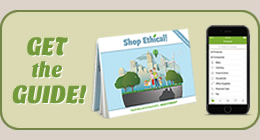The Guide
> Personal Care
> Beauty
> Cosmetics
Features: Certified organic, cruelty free, Australian owned, carbon neutral
Miessence has an extensive range of certified organic products for skin, hair, body, cosmetic and oral. Available online.
Manufacturer:
Miessence
Find farmers' markets, food coops, farm gate products at Local Harvest



